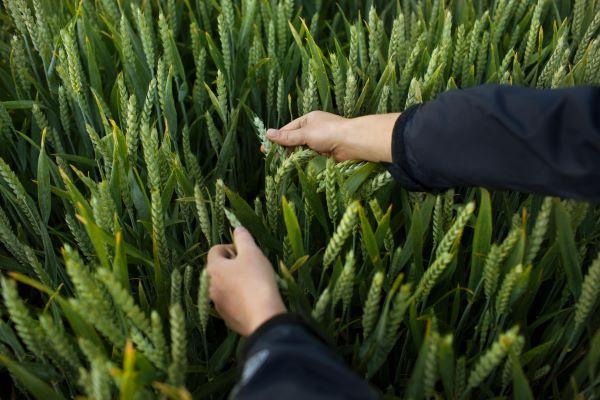Bayer advances blockbuster herbicide pipeline with EU filing for Icafolin-Methyl

Bayer submits registration applications for novel herbicide in four major markets. First regulatory milestone in the EU has followed applications in Brazil, US, and Canada over recent months.
Bayer announced the submission of registration applications for its novel herbicide, icafolin-methyl, in the European Union, following earlier filings in Brazil, United States, and Canada.
Icafolin represents the first new mode of action in post-emergent weed control for broadacre crops in over 30 years. With peak sales potential estimated at €750 million, the company anticipates commercial launch beginning in Brazil from 2028 onward. Bayer credited its new operating model, DSO (Design, Source, Operate), for accelerating regulatory submissions ahead of schedule.
Icafolin belongs to a new chemical class that offers unique advantages, including lower dose requirements, more targeted applications, and a strong anticipated safety and sustainability profile. It is also highly complementary to existing herbicides like glyphosate, providing a novel tool in the fight against weed resistance—one of the most pressing challenges facing farmers today. Weed resistance has risen globally in recent years, posing a serious threat to food security by reducing crop yields and quality through competition for sunlight and essential nutrients.
“Weeds pose a serious threat to global food security and farmer livelihoods, which is why investing in breakthrough innovations like Icafolin is absolutely essential,” said Mike Graham, Head of Research & Development at Bayer’s Crop Science division. “Introducing an entirely new herbicide class that complements existing solutions not only strengthens farmers’ ability to manage and prevent weed resistance, but also supports sustainable practices like no-till and reduced-tillage farming—key pillars of regenerative agriculture that enhance soil health.”
Icafolin has been developed for initial use in key crops such as soybeans, cereals, pulses, and oilseeds, as well as in specialty crops including pome and stone fruits, tree nuts, grapes, and citrus. Additionally, Icafolin’s intrinsic properties make it well-suited for targeted spray applications and lower dose rates, enabling Bayer to pursue registration under reduced-risk status.
It is also the first product developed using CropKey—Bayer’s innovative R&D platform for designing next-generation crop protection solutions. CropKey optimized Icafolin’s formulation by evaluating multiple factors, including efficacy, safety, sustainability, and farmer usability.
“With CropKey, we’re not just reacting to today’s agricultural challenges—we’re proactively anticipating the needs of tomorrow,” said Rachel Rama, Senior Vice President and Head of Small Molecules at Bayer’s Crop Science division. “By harnessing the power of artificial intelligence, we can significantly accelerate the journey from discovery to market, giving farmers faster access to the most effective and environmentally responsible crop protection solutions.”
Bayer expects the first commercial launch of Icafolin in Brazil starting in 2028, with rollouts in the U.S., Canada, the European Union, and additional markets to follow in the coming years.
Subscribe to our newsletter & stay updated.